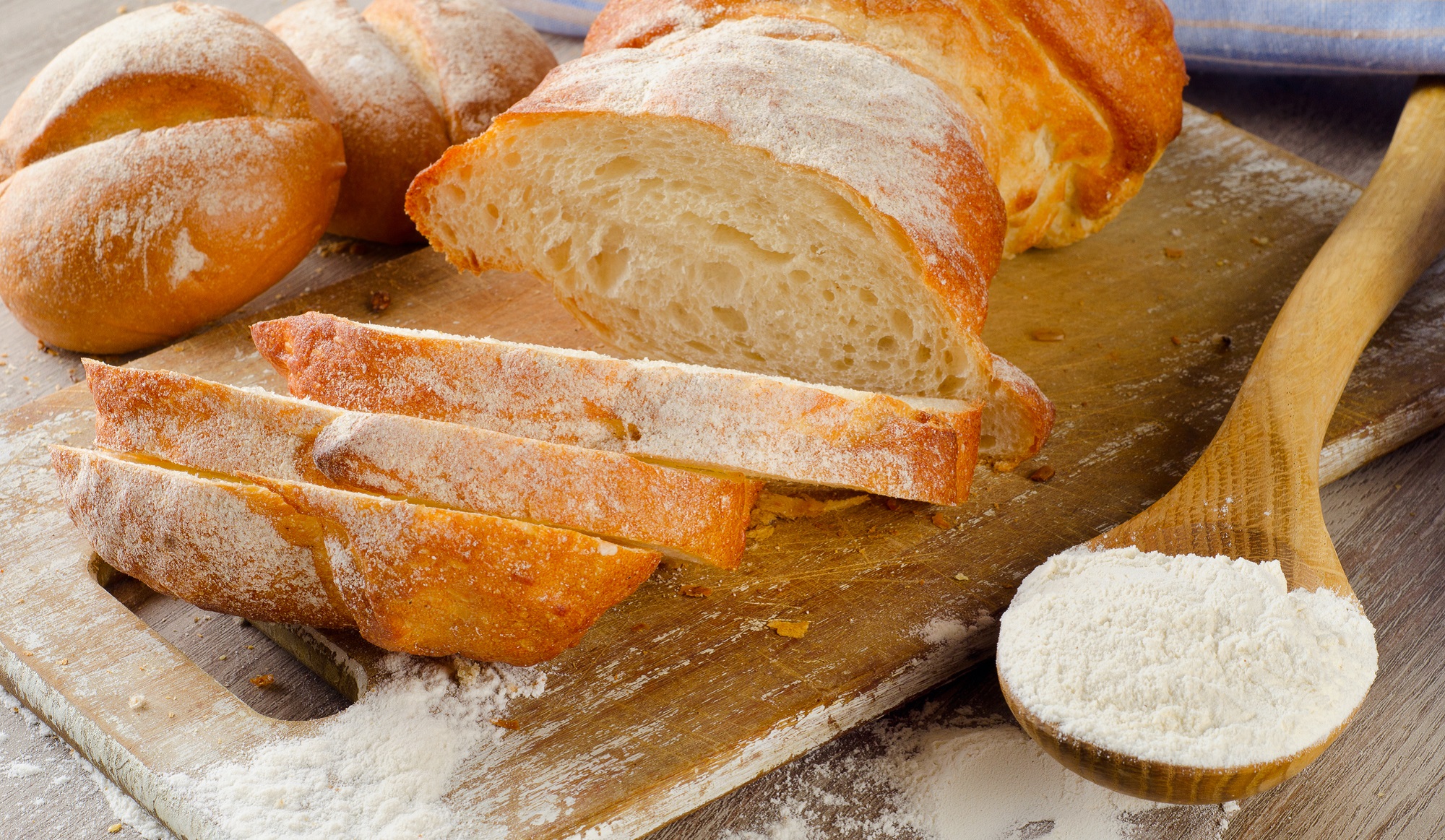

The British staple beans on toast is in for a makeover. A group of researchers plan to slip faba beans inside white bread to make it more nutritious and sustainable. The product, which they’ve dubbed “beans in toast,” could hit UK shelves in the next few years if a company decides to manufacture it.
About 96 percent of the British public eat bread, and of those, 90 percent choose white bread, according to Kantar Group, a data analytics company. Putting faba beans, also commonly called fava beans and broad beans, where the recipe calls for soy could provide Britons with a source of easily digested protein, fiber and iron, which are often low in UK diets. “We’ve chosen faba beans because they’re very particularly nutrient-rich,” says Julie Lovegrove, the leading researcher of the project and a professor of human nutrition at the University of Reading in England. She says that only 11 percent of the UK population consumes the recommended fiber intake of 30 grams a day.
According to Lovegrove, early testing of the faba bean product resembles normal white bread. “It tastes very similar; it looks very similar,” she says. “It’s slightly darker in color, and doesn’t rise slightly as much as the white bread. But we are at the beginning of this project, so those are the challenges that we’re going to overcome. We want to make it as identical to the commercial white bread as we can.”
The researchers say that faba beans, native to northern Africa and southwestern Asia, can be grown sustainably and at low cost in the UK. “For the UK, the most sustainable plant-based protein source is the one that requires the least input for the maximum output [of protein yield],” Donal O’Sullivan, a crop science professor at the University of Reading and another one of the researchers, wrote in an email to PopSci. “It is faba bean that has the most favorable footprint.”
[Related: To save water, Arizona farmers are growing guayule for sustainable tires]
White bread is typically made using 1 to 3 percent soya flour, grown from soybeans, which is used to whiten the bread, according to Yael Vodovotz, a food scientist and professor at the Ohio State University. Researchers would replace the soya flour and 25 percent of the wheat with faba bean flour, which they say could reduce carbon dioxide emissions from the production process by 11 percent compared to a wheat-only loaf.
The project is an exercise in sustainable local food growth, which Lovegrove says the UK government has encouraged through funding. Most of the country’s soybeans are imported across oceans, and a sizable portion of the supply comes from the US. In fact, soybeans make up the second largest cash crop in the states behind corn, with farmers sending $27 billion worth of the commodity abroad in 2021. The bean’s prominence has led the crop to become the subject of trade politics, with China, the biggest US soy importer, instituting tit-for-tat tariffs in 2018.
US soybean production has a relatively low carbon footprint and most are grown using just precipitation, according to Jeremy Ross, a soybean agronomist and professor at the University of Arkansas. “Less than 10 percent of the total US acreage of soybean is irrigated. So a majority of the soybean acres in the US are dependent on rainfall during the growing season,” he wrote in an email to PopSci.
[Related: Which veggie oil is most sustainable?]
But soybeans aren’t native to the UK and don’t grow well there. Faba beans, on the other hand, sprout nicely in the country. “We’re using homegrown pulses,” or dried legumes, Lovegrove says. (Only about 55 percent of food that Britons eat are grown in the country—the rest are imported.) “There’s a big drive to increase the growth of food within the UK to reduce miles traveled of the foods themselves,” she explains.
The group of researchers won £2 million in government funding to develop their beans in toast product. The project is led by a large coalition: 25 researchers from the University of Reading will work with retailers, farmers, and policymakers. There are several steps to get it started. First, the researchers will grow the faba beans and produce the flour for the substitute. Then, they will test their product and survey consumers for their opinions on it. Finally, they will model the impact of increasing dried-legume consumption on human and environmental health.
